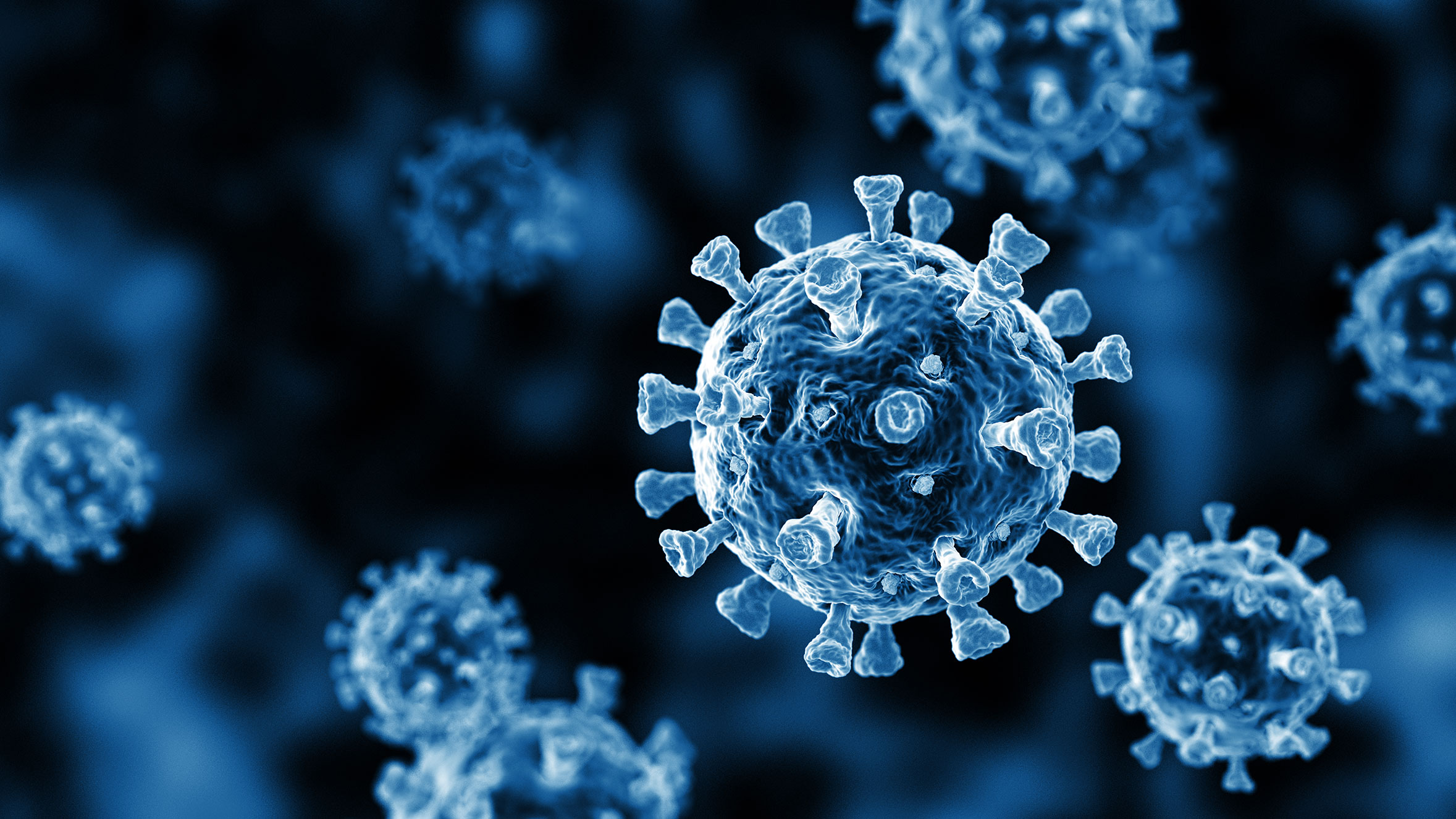Experts see strides on AIDS, but COVID-19 halted progress
Saturday marks the 40th anniversary of the first report that brought AIDS to the public’s attention. For a time, the battle against HIV — the virus that causes AIDS — was going well. But experts believe the U.S. could soon see its first infection increase in years. Some researchers believe COVID-19 has derailed the fight against HIV, siphoning health workers and other resources and setting back a U.S. campaign to decimate the AIDS epidemic by 2030. Internationally, recent strides could also be undone because of COVID-19’s interruption of HIV testing and care.
“COVID was a huge setback,” said Jeffrey Crowley, a former director of the White House Office of National AIDS Policy who is now at Georgetown University. Before COVID-19, health officials celebrated how new medicines and other developments had gradually tamed HIV, prompting then-President Donald Trump to announce 2019 a campaign to “eliminate” the U.S. epidemic by 2030. But now, U.S. health officials are gathering data on exactly how much COVID-19 affected HIV infections and deaths, including how well testing, prevention, and treatment kept up during the pandemic. COVID-19 has killed nearly 600,000 Americans in 16 months, approaching the 700,000 AIDS killed over 40 years.
There are signs of a backslide. Ann Emory University researcher Samuel Jenness used Atlanta-area data and statistical modeling to project major increases in sexually transmitted diseases, including HIV. At the least, COVID-19 halted recent declines in new HIV infections, Jenness said. “At the worst, it potentially brought us an increase of cases for at least the next couple of years,” he added.

Limited data from the Centers for Disease Control and Prevention suggests significant drop-offs in HIV testing and other services. The CDC looked at data from a lab that handles about a quarter of the nation’s HIV tests, comparing the numbers from March 13 through September 30 last year with the same period the year before. The agency found 670,000 fewer HIV screening tests and about 4,900 fewer HIV diagnoses than normal.
There also was a 21% national decline in prescriptions for pre-exposure prophylaxis, or PrEP. A kind of medicine people at risk for HIV takes to prevent them from catching the virus through sex or injection drug use.
Why the declines?
Most U.S. health departments and community organizations had to scale back HIV testing, the first step in putting people with the virus on medicine that can keep them from spreading it. Also, health department workers who did the contact tracing to stop HIV outbreaks were shifted to COVID-19. Even where HIV clinics were open, some people did not want to come in because of fear of catching the coronavirus.
There may be another reason: less sex.
Surveys suggest that at least during the initial months of the pandemic, many adults at higher risk for HIV infection had sex on fewer occasions and with fewer sexual partners. But there also are signs that many people resumed their normal levels of sexual activity by summer, said Jenness, whose research focused on gay and bisexual men — a group that for years has had the highest HIV infection rates. “People’s sexual behavior changed for only three months,” but he said prevention, testing, and care disruptions are still going on.
What does that mean for the national goals?
Data released this week showed the number of new infections declining for years, dropping to about 35,000 in 2019. After Trump announced in 2019, federal health officials clarified that the goal was a huge reduction in new infections over the next ten years — down to fewer than 3,000 yearly.




